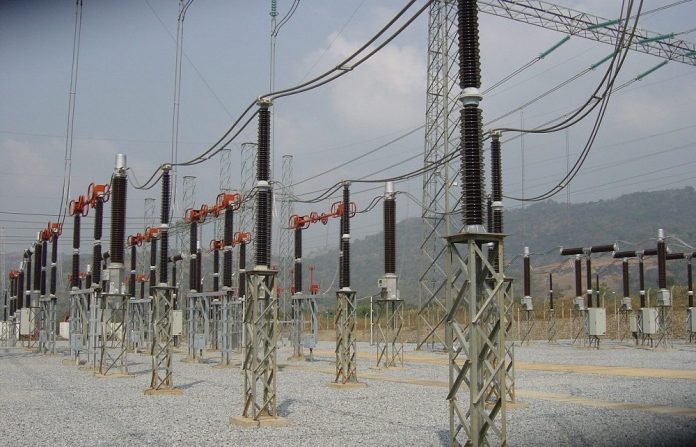The Private Sector Investment Survey that is conducted by the Bank of Uganda, Uganda Bureau of Statistics and Uganda Investment Authority every year, has found that in 2017, entities in the electricity and gas sector had the largest exposure to foreign debt from unrelated entities, accounting for 73.4 per cent of the outstanding stock of debt in this category at the end of 2016.
The survey also found that entities in electricity and gas, agriculture and ICT sectors received 86.2 per cent of the total disbursements and remitted 60.5 per cent of the repayments to non-affiliated entities during 2016.
According to Emmanuel Ssemanda, the Acting Director Statistics at Bank of Uganda, the Private Sector Investment Survey (PSIS) 2017 was the sixteenth in a series of collaborative annual surveys conducted by the Bank of Uganda, Uganda Bureau of Statistics and Uganda Investment Authority.
He said they conduct the survey to collect information required for the compilation of Uganda’s balance of payments, international investment position and other related key macroeconomic statistics for 2016.
“A total of 860 questionnaires were administered during the survey from which 746 enterprises responded, representing a response rate of 86.7 per cent. Overall, the 746 enterprises had an estimated contribution to value added in current prices during 2016 of Shs.7,147 billion equivalent to about 8.9 per cent of GDP,” said Ssemanda while presenting the Survey last week at Imperial Royale Hotel.
“In addition, the samples’ contribution to the fixed capital formation during 2016 was estimated at about Shs.14,137 billion representing 68.4 per cent of total fixed capital formation and 80.4 per cent of private fixed capital formation,” he added.
The findings on employment indicated that total employment by the enterprises that responded grew by 3.0 per cent from 100,127 employees during 2015 to 103,108 employees during 2016. There was also an increase in compensation of employees of 14.7 per cent from Shs.3,105.2 billion in 2015 to Shs.3,560.5 billion during 2016.
The profitability of enterprises surveyed rose by 57.4 per cent to Shs.1,260.1 billion during 2016 from Shs.800.7 billion recorded in 2015.
The grossed-up findings on Foreign Direct Investment (FDI) transactions during 2016 increased by US$87.2 million to US$625.7 million from US$538.5 million in 2015.
According to Ssemanda, the increase was mainly on account of higher inflows of equity capital. Net inflows of equity capital increased to US$395.7 million during 2016 compared to US$352.7 million recorded in 2015.
However, foreign borrowing by resident enterprises from non-affiliated enterprises was a net repayment of US$47.0 million during 2016 compared to a net repayment of US$11.4 million recorded in 2015.
Transactions involving other equity investment (equity investment of less than 10% of total equity) during 2016 were estimated at US$ 16.5 million.
The major recipient sectors of FDI during the year were mining and quarrying including oil (33.4 per cent), wholesale & retail (30.6 per cent), finance & insurance (23.9 per cent) and manufacturing (11.1 per cent).
The largest inflows/disbursements of debt from foreign affiliates went to electricity & gas, ICT and agriculture. The three sectors jointly accounted for 86.2 per cent of the total disbursements from foreign affiliated entities received during 2016.
In terms of the source of FDI, Netherlands, Kenya, UK, France, Switzerland, Australia, South Africa, India, Bermuda and Seychelles were the largest sources accounting for 85.5 per cent of total FDI stocks received by Uganda during 2016.
Source: East African Business Week





















